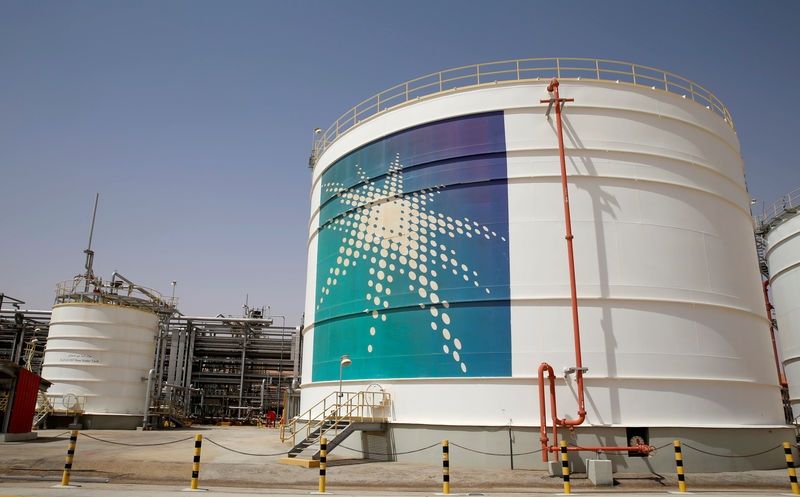(Bloomberg) -- Climate change poses a serious risk to Saudi Aramco’s long-term business as rising sea levels and temperatures could damage infrastructure, curb productivity and even halt some of its operations.
Sea level rises pose the biggest threat to Aramco’s business and may lead to some of its refining facilities being underwater in the next few decades, making it more difficult for the company to operate, the Paris-based consultant Callendar, said in a report.
“The southern pat of Yanbu will probably be submerged within the coming decade,” Thibault Laconde, Callendar chief executive officer said in an interview. “Aramco have acknowledged that climate change is a risk but were vague. Is there something most people seem to be missing? They have a responsibility to assess the risk and I don’t think they are doing it.”
The report adds to questions surrounding the initial public offering of the state-run company, which has been scaled back amid concerns by investors about valuation and governance. It’s also a reminder that the world’s leading exporters of oil also will feel the impact of climate change as protesters in western nations raise the alarm about rising emissions.
Water levels in the Arabian Sea, near where much of Aramco’s infrastructure is located, are expected to rise by about 13 centimeters (5.1 inches) by 2030, the consultant said. As a result, some facilities such as Yanbu and the Ras Tanura refinery and terminal could face flooding and damage to equipment.
Aramco said in a statement it couldn’t comment on weather-related incidences but that “in order to achieve a low-carbon future, we believe it is necessary to meet both global energy demand and lower emissions.”
In its IPO prospectus, Aramco acknowledged the risk that concern over climate change could reduce global demand for hydrocarbons and hydrocarbon-based products and that it may increase the possibility of litigation against the oil giant and its affiliated companies.
In the medium-term, the aridification of Saudi Arabia’s climate poses the most serious threat to its business and its midstream and downstream operations will be most at risk. This is as demand for water, which is essential for refining, increases and the kingdom will have to rely more on desalination plants. Saudi Arabia’s daily water consumption exceeds its storage capacity, and millions of people could go thirsty if the sprawling desalination plants, on which the desert nation depends, were put out of action.
Burning Up
Then there’s the heat. Average temperatures in Saudi Arabia increased by 0.5 degrees Celsius each decade between 1985 and 2010, the report said. This is expected to continue or even accelerate over the coming decades.
“The increase in temperatures is expected to be pronounced in onshore oil-rich areas exploited by Saudi Aramco,” such as Ghawar, Khurais, and Shaybah, the report said.
Temperature increases could significantly damage the company’s refining operations, impacting yield and its availability to process crude. Natural gas production would also be affected.
“Of course liquefaction is very temperature-dependent, like refining,” Laconde said. “Very quickly the infrastructure will have to be adapted which could be costly.”
There’s also the impact of heat stress on Aramco’s employees, reducing their physical capabilities - particularly if working outside -- and leading to a loss of working hours and, as a result, productivity for the company.
“There are things they can do,” Laconde said. “It may still be possible to adapt but it could be costly.”
